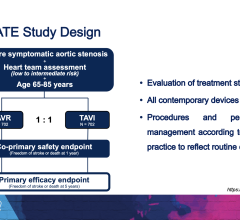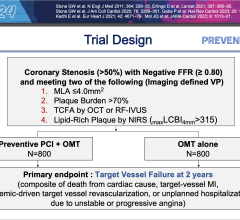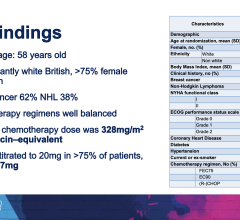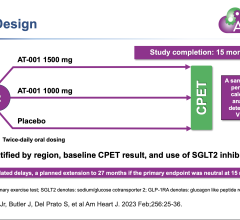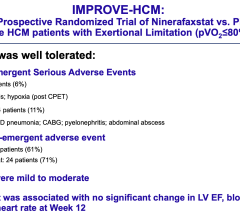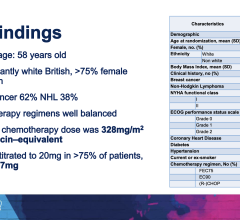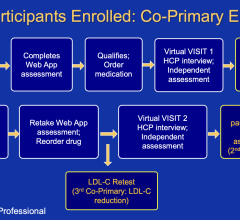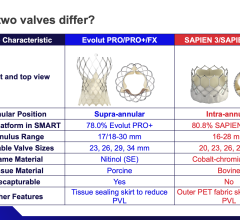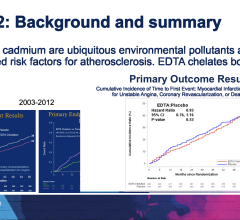
Mariell Jessup, M.D., is a professor of medicine at the University of Pennsylvania School of Medicine.
Heart failure is a progressively debilitating disease that dramatically decreases the life expectancy and quality of life of affected patients. Nearly 5.8 million Americans are diagnosed with heart failure today, according to annual American Heart Association statistics. Heart failure contributes to more than 280,000 deaths annually, with a one-year mortality rate of approximately 20 percent, and a five-year mortality estimated at 50 percent.
Heart failure accounts for nearly 20 percent of total hospital admissions; annual hospitalizations with a primary diagnosis of heart failure in the U.S. exceed 1 million. The incidence of heart failure has not declined within the past 20 years, but the survival after onset has increased in younger patients and men. The care of patients with heart failure will lead to $39.2 billion direct and indirect costs to the United States in 2010.
Heart Failure Characteristics
Heart failure is characterized by chronic, persistent activation of the renin-angiotensin-aldosterone system as well as the sympathetic nervous system. The neurohormonal blockade of these systems has been the mainstay of heart failure therapy for more than 20 years. The implementation of angiotensin-converting enzyme (ACE) inhibitors and antiandrenergic therapies has revolutionized the treatment of heart failure to slow the progression of heart failure and improve survival. The current regimen for managing heart failure includes ACE-inhibitors, angiotensin-receptor antagonists, beta-blockers, aldosterone antagonists and diuretics; certain patients are candidates for a special pacemaker called cardiac resynchronization therapy (CRT) and others undergo coronary bypass surgery.
Pumps and Transplants
Nevertheless, heart failure is a progressive disease with no cure. As the disease progresses, existing treatment options for advanced heart failure are limited to left ventricular assist device implantation (LVAD) or cardiac transplant. Patients who have severe heart failure and primary myocardial disease, ischemic cardiomyopathy, or congenital heart disease may be considered for cardiac transplantation, but only approximately 2,000 heart transplants are done each year in the United States. Moreover, many patients depend on mechanical cardiac support devices while waiting for a transplant donor organ to become available. Additionally, many patients with end-stage heart failure are not considered for transplantation because of advanced age or other associated morbidities.
Drug and Gene Therapies
Therefore, there is a significant unmet need for novel approaches beyond the standard medical regimens currently used to treat advanced heart failure patients. The majority of current clinical studies are investigations with new approaches to reduce the mortality in acute heart failure, e.g. patient admitted to the hospital with exacerbated symptoms of heart failure. One eagerly awaited trial is the ASCEND-HF study (Acute Study of Clinical Effectiveness of Nesiritide in Subjects With Decompensated Heart Failure), which enrolled 7,000 patients worldwide and is designed to evaluate whether treatment with nesiritide improves patient outcomes or heart failure symptoms compared with placebo.
Another novel approach to treat heart failure has been to target the up-regulation of sarcoplasmic reticulum (SR) Ca2+ ATPase pump (SERCA2a). SERCA2a is critical in controlling the movement of Ca2+ between the SR and cytoplasm; it regulates Ca2+ cycling and contractility in the myocardium. SERCA2a expression is significantly reduced in failing hearts, leading to abnormal Ca2+ handling and deficient contractility, a defect that could be corrected by restoring SERCA2a levels. Additionally, in animal models, cardiac energetics and electrical remodeling improved after SERCA2a gene transfer.
The first-in-human trial to utilize this novel gene therapy, CUPID (Calcium Up-regulation by Percutaneous administration of gene therapy In cardiac Disease) was recently presented in Berlin. It is noteworthy that the procedure to infuse Mydicar, a genetically targeted enzyme replacement therapy that restores SERCA2a levels via gene transfer with a recombinant adeno-associated vector (AAV), could be performed in an outpatient setting. The results showed significant improvements in clinical outcomes and symptoms in patients with advanced heart failure treated with Mydicar. These patients significantly improved their heart failure symptoms, exercise tolerance, serum biomarkers and cardiac function. These encouraging results will have to be confirmed in larger clinical trials but may address the unmet need for novel therapeutic approaches to treat advanced heart failure.

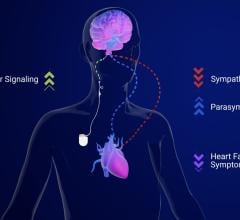
 April 16, 2024
April 16, 2024 
